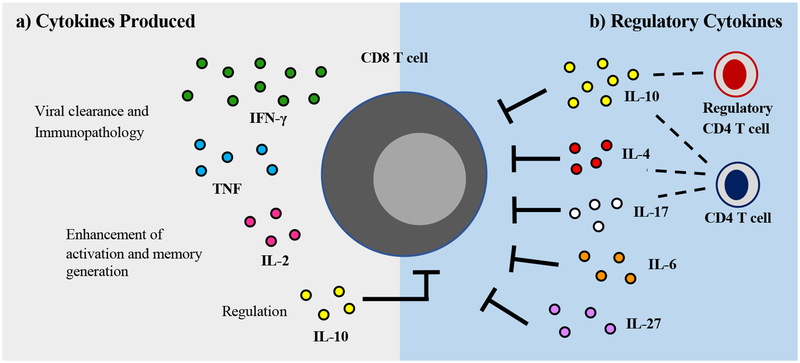Figure 2. The role of cytokines in the CD8 T cell response following RSV infection.
(A) Activated CD8 T cells in the lung secrete an array of cytokines following RSV infection, including IFN-γ, TNF, and IL-2. IFN-γ and TNF have been established as contributors to accelerating viral clearance as well as inducing immunopathology following infection. IL-2 is critical for the enhancement of CD8 T cell activation, proliferation, and memory generation during RSV infection. Additionally, CD8 T cells are also capable of producing IL-10, which may autoregulate CD8 T cell effector functions. (B) A variety of cytokines contribute to the regulation of CD8 T cell expansion and effector functions to limit immunopathology following RSV infection. IL-10 produced by both regulatory and effector CD4 T cells is the most well-studied cytokine responsible for suppressing RSV-specific CD8 T cell responses. Additionally, IL-4, IL-17, IL-6, and IL-27 may play a role in the inhibition of CD8 T cells following RSV infection.

